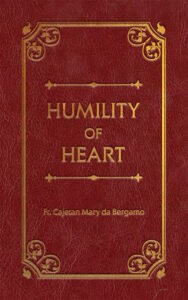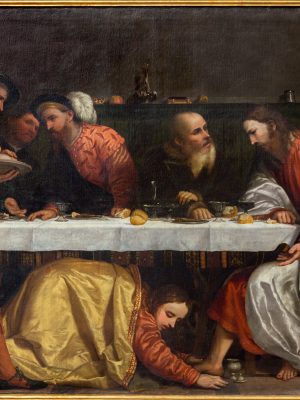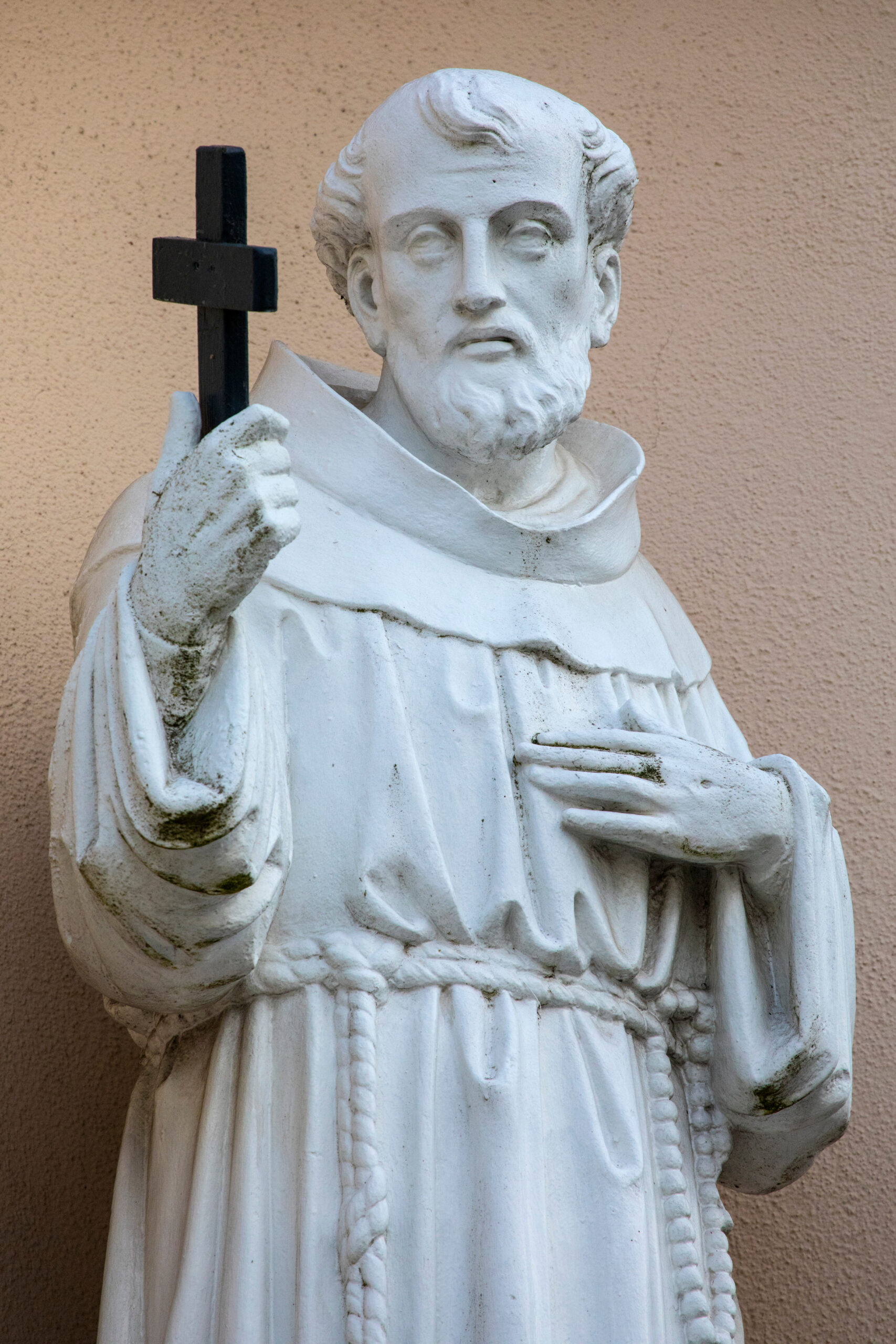Humility is not a sickly virtue, timid and feeble, as some imagine; on the contrary, it is strong, magnanimous, generous, and constant, because it is founded on truth and justice. The truth consists in knowing what God is and what we are. Justice consists in our recognizing that God, as our Creator, has a right to command us and that we, as His creatures, are bound to obey Him.
All the martyrs were perfectly humble because they preferred to die, suffering the most terrible torments, rather than abandon truth and justice. How great their endurance and courage in resisting those who tried to force them to deny Jesus Christ!
To contradict others is an effect of pride, whenever we contradict them in order to follow our own unjust and mistaken will; but when our opposition to the creature proceeds from a determination to fulfill the will of the Creator, it is dictated by humility; for by this we confess our indispensable obligation to be subject and obedient to the divine Will.
It is for this reason that the proud man is always timid, because his pride is only sustained by the weakness of human nature. And he who is humble is always brave in the exercise of his submission to the Divine Majesty, because he receives his strength through grace.
The humble obey men, when in so doing they also obey God; but they refuse obedience to men, when by obeying them they would disobey their God. Reflect upon that answer, as modest as it was magnanimous, given before the elders of Jerusalem by St. Peter and St. John: “If it be just in the sight of God to hear you rather than God, judge ye” (Acts 4:19).
The humble man is above all human respect, and there is no danger that he will become a slave to the opinions, fashions, or customs of the world; he knows his failings and that he is capable of every evil, even though he does not commit it. If he sees others doing wrong, he compassionates them, but is never scandalized or induced to follow the bad examples of others, because all his intentions are directed toward God, and he has no other desire than that of pleasing God and of being directed by God alone. “He clings to God alone.” Hence, as the angelic St. Thomas says so well: “No matter how much he sees others acting inordinately in word or deed, he himself will not depart from his uprightness of conduct.”
This article is taken from a chapter in Humility of Heart by Fr. Cajetan Mary da Bergamo, which is available from TAN Books.










5 Comments
[…] Spiritual Direction What is St. Ignatius’s Four-step Plan for Holiness? – Get Fed™ Blog Mighty Humility – Fr. Cajetan Mary da Bergamo at Tan·Direction Blog This One Fundamental Discipline Changes […]
[…] Mighty Humility – Father Cajetan Mary da Bergamo at Tan·Direction Blog […]
[…] Mighty Humility – Father Cajetan Mary da Bergamo at Tan·Direction Blog […]
[…] Mighty Humility – Father Cajetan Mary da Bergamo at Tan·Direction Blog […]
[…] Mighty Humility – Father Cajetan Mary da Bergamo at Tan·Direction Blog […]